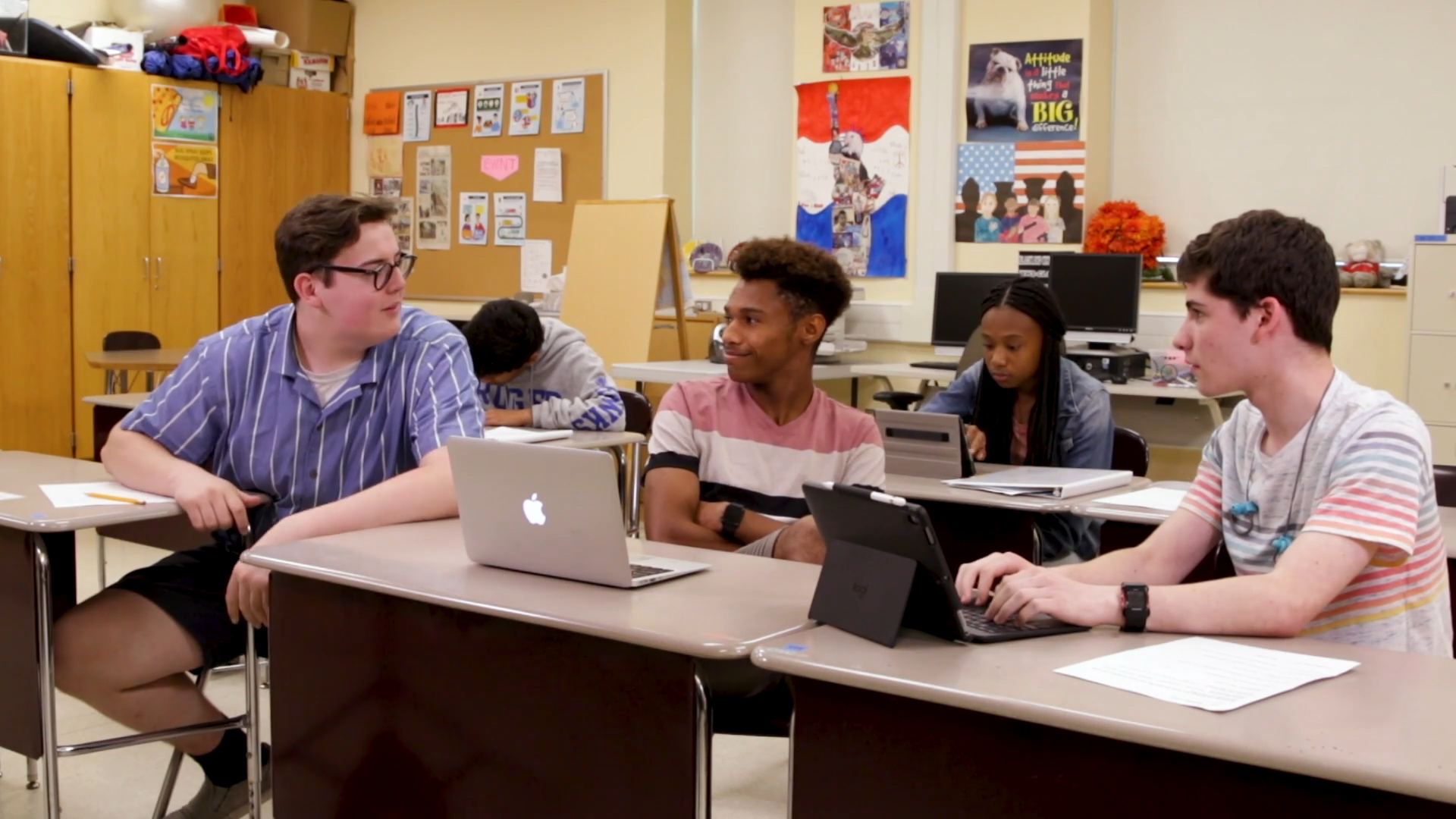Introduction
Friendships play a significant role in our lives, especially during our formative years. As educators, it’s essential to teach students the importance of choosing friends who are a good fit. This blog post will explore the concept of selecting friends based on shared experiences, common interests, and similar behavior. We’ll also provide a no-prep activity, discussion questions, and information on related skills to help students develop healthy friendships through Social-Emotional Learning (SEL) principles.
No-Prep Activity
This activity, called “Friendship Circles,” requires no preparation or materials from the educator and is designed to help students identify the qualities they value in a friend. Follow the steps below:
- Have students sit in a circle. Ask them to think about the qualities they look for in a friend.
- Going around the circle, each student shares one quality they value in a friend. The rest of the group listens attentively.
- Once everyone has shared, ask students to think about their current friendships and reflect on whether their friends exhibit these qualities.
- Encourage students to consider if they can improve their friendships by seeking friends who possess the qualities they value or by working on their own qualities as a friend.
This activity promotes self-awareness, empathy, and the importance of choosing friends who are a good fit based on shared values and experiences.
Discussion Questions
- What qualities do you think are important in a friend? Why?
- How can having friends with similar behavior and interests benefit your friendships and school life?
- Why is it important to choose friends who treat adults and peers with respect?
- How can you determine if a potential friend is a good fit for you?
- Can you share an example of a time when you formed a friendship based on shared experiences or interests?
Related Skills
There are several other SEL skills that can help students foster healthy friendships. These include:
- Communication: Effectively expressing thoughts and feelings, and actively listening to others.
- Empathy: Understanding and sharing the feelings of others, and showing compassion.
- Conflict resolution: Addressing disagreements or misunderstandings in a respectful and constructive manner.
- Respect: Treating others with kindness and valuing their opinions and feelings.
- Self-awareness: Recognizing one’s emotions, strengths, and weaknesses, and understanding how they impact relationships.
Next Steps
Choosing friends who are a good fit is a vital skill for students to develop. By incorporating SEL principles and activities like the ones mentioned in this blog post, educators can help foster healthy friendships among their students. To explore more SEL resources and activities, sign up for free samples at Everyday Speech. You’ll find a variety of materials to help students build strong social-emotional skills and create lasting friendships.






